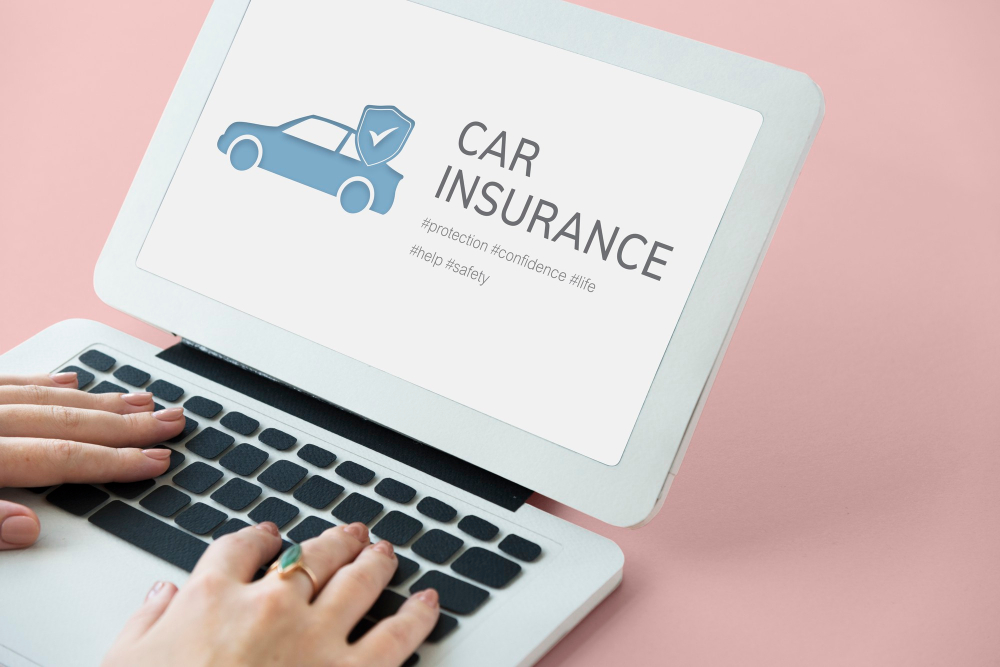When it comes to protecting yourself and your vehicle, understanding the various types of auto insurance coverage is essential. Each type of coverage offers different levels of protection, and knowing what they entail can help you make informed decisions about your policy. Here’s a breakdown of the main types of auto insurance coverage:
1. Liability Coverage
Liability coverage is required in most states and is crucial for protecting you financially if you’re found at fault in an accident. It’s divided into two parts:
- Bodily Injury Liability: Covers medical expenses, lost wages, and legal fees for the other party if you’re responsible for an accident.
- Property Damage Liability: Covers the cost of repairs or replacement for the other party’s vehicle or property that you damage in an accident.
2. Collision Coverage
Collision coverage pays for the repair or replacement of your vehicle if it’s damaged in a collision with another vehicle or object, regardless of who is at fault. This type of coverage is particularly important for protecting your car from physical damage resulting from an accident.
3. Comprehensive Coverage
Comprehensive coverage protects your vehicle against damage from non-collision events such as theft, vandalism, fire, natural disasters, and hitting an animal. It covers the cost of repairs or replacement if your vehicle is damaged by these covered perils.
4. Uninsured/Underinsured Motorist Coverage
This coverage comes into play if you’re involved in an accident with a driver who either has no insurance or insufficient coverage to pay for your damages. It can cover medical expenses, lost wages, and damage to your vehicle, providing an extra layer of protection in such situations.
- Uninsured Motorist Coverage: Covers your injuries and property damage if the at-fault driver doesn’t have insurance.
- Underinsured Motorist Coverage: Steps in when the at-fault driver’s insurance limits are too low to cover the full extent of your damages.
5. Personal Injury Protection (PIP) or Medical Payments (MedPay)
- Personal Injury Protection (PIP): Covers medical expenses, lost wages, and other related costs for you and your passengers, regardless of who is at fault. PIP is required in some states and optional in others.
- Medical Payments (MedPay): Similar to PIP, but typically only covers medical expenses for you and your passengers, regardless of fault.
6. Gap Insurance
Gap insurance is designed for those who have financed or leased their vehicle. It covers the difference between the actual cash value of your car and the amount you still owe on your loan or lease if your car is totaled or stolen.
7. Towing and Labor Coverage
Also known as roadside assistance, this coverage provides help if your car breaks down. It can include services like towing, tire changes, jump-starts, and lockout assistance.
8. Rental Reimbursement Coverage
If your car is in the shop for repairs due to a covered accident, rental reimbursement coverage will pay for a rental car, allowing you to stay mobile while your vehicle is being fixed.
Choosing the Right Coverage
Selecting the right mix of auto insurance coverage depends on various factors, including your state’s requirements, your vehicle’s value, your budget, and your personal needs. At Ulysses Campos Insurance Agency LLC, our experienced agents can help you understand your options and tailor a policy that provides the protection you need at a price you can afford.
Contact us today to discuss your auto insurance needs and get a personalized quote. Drive with confidence knowing that you have the right coverage in place with Ulysses Campos Insurance Agency LLC.

